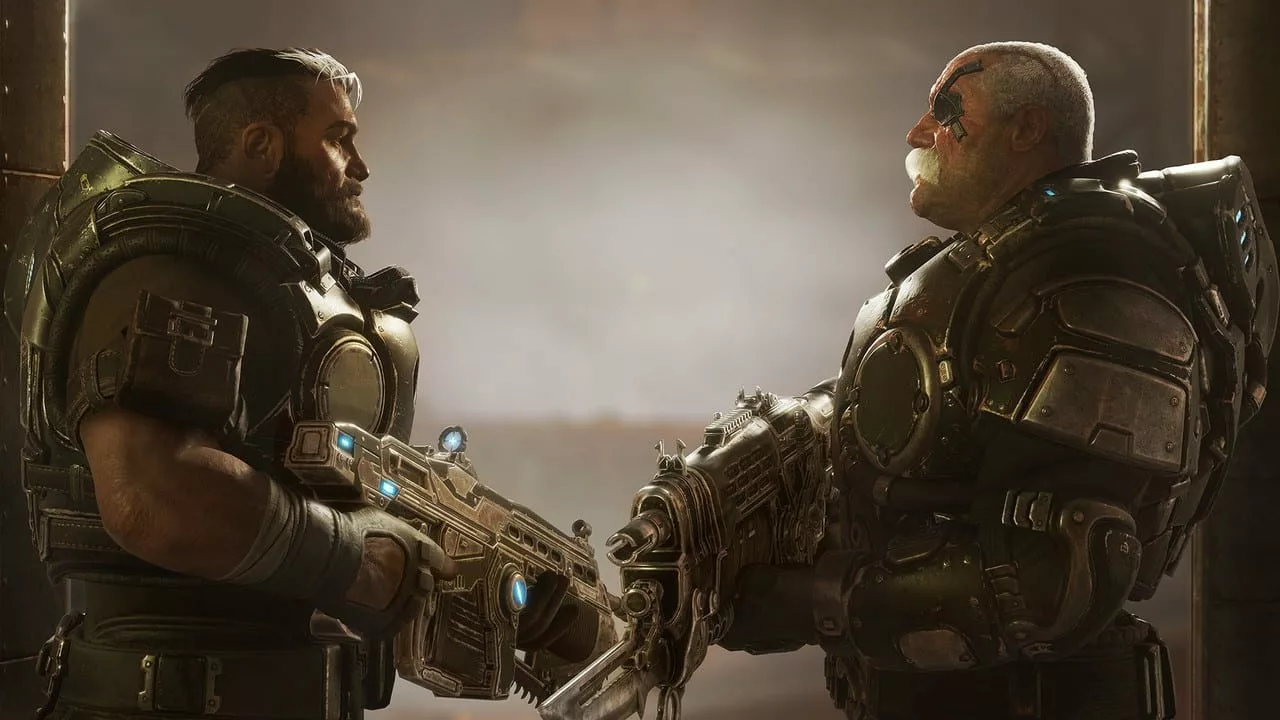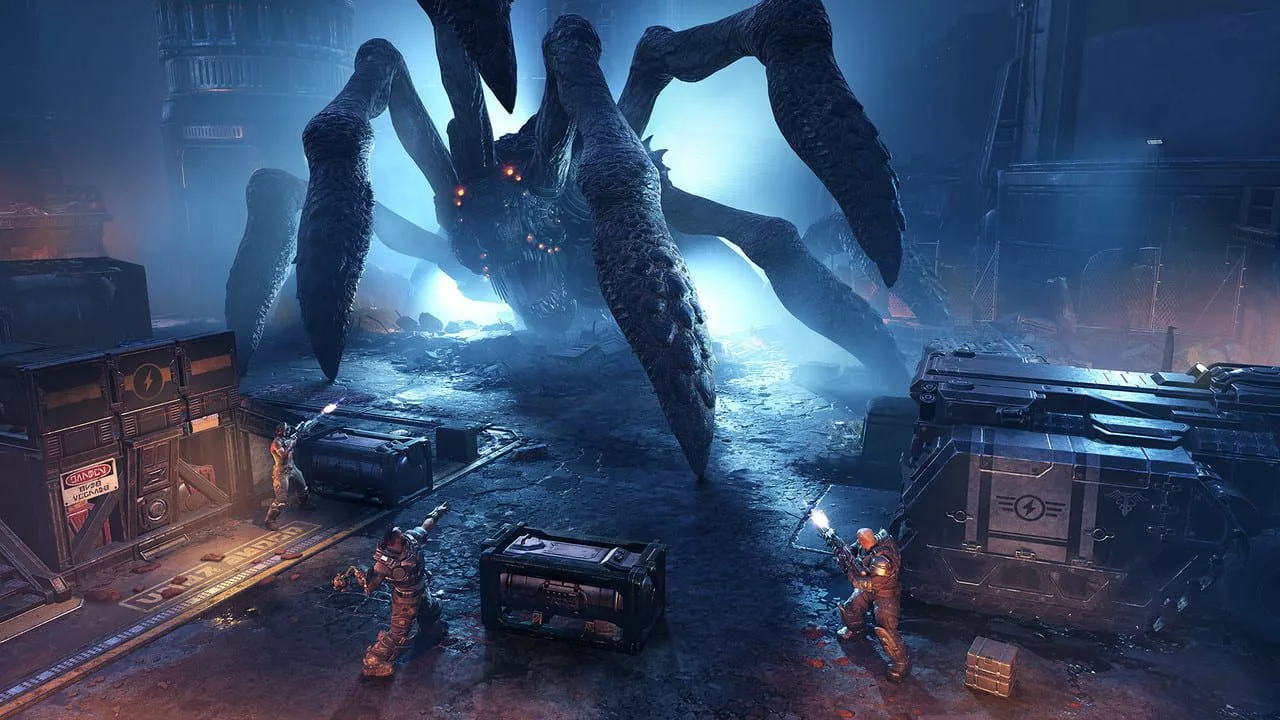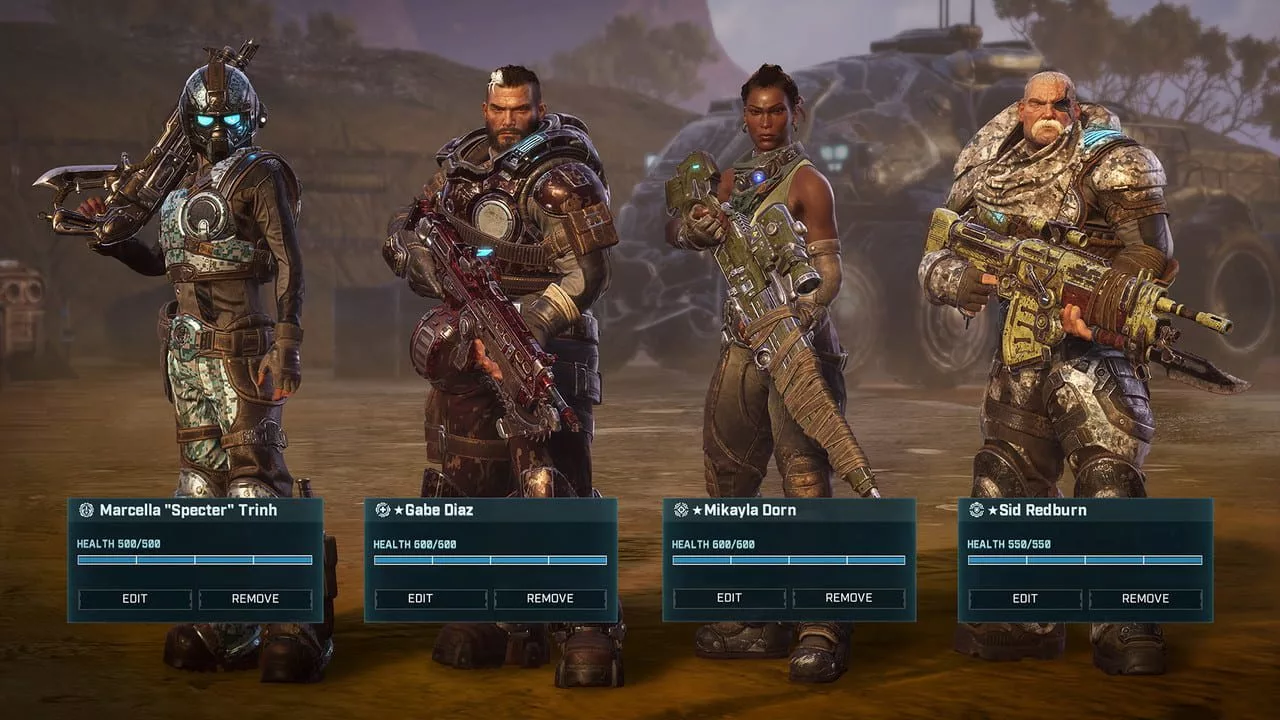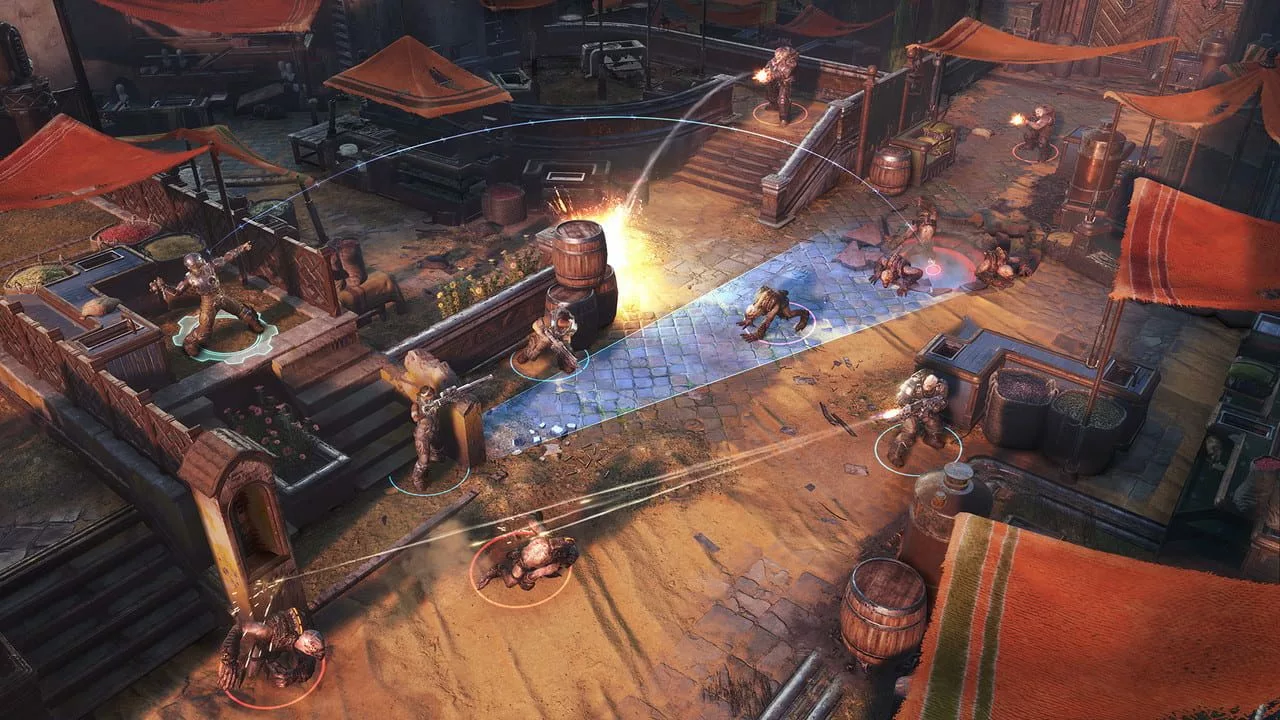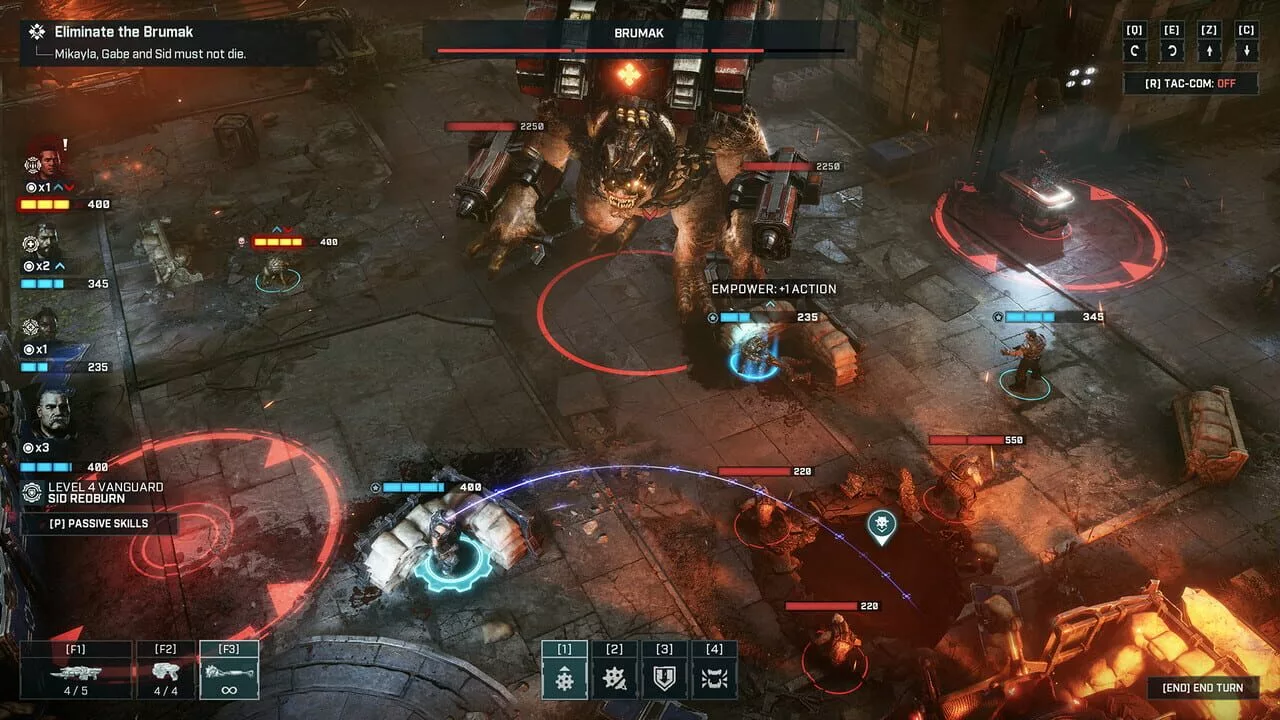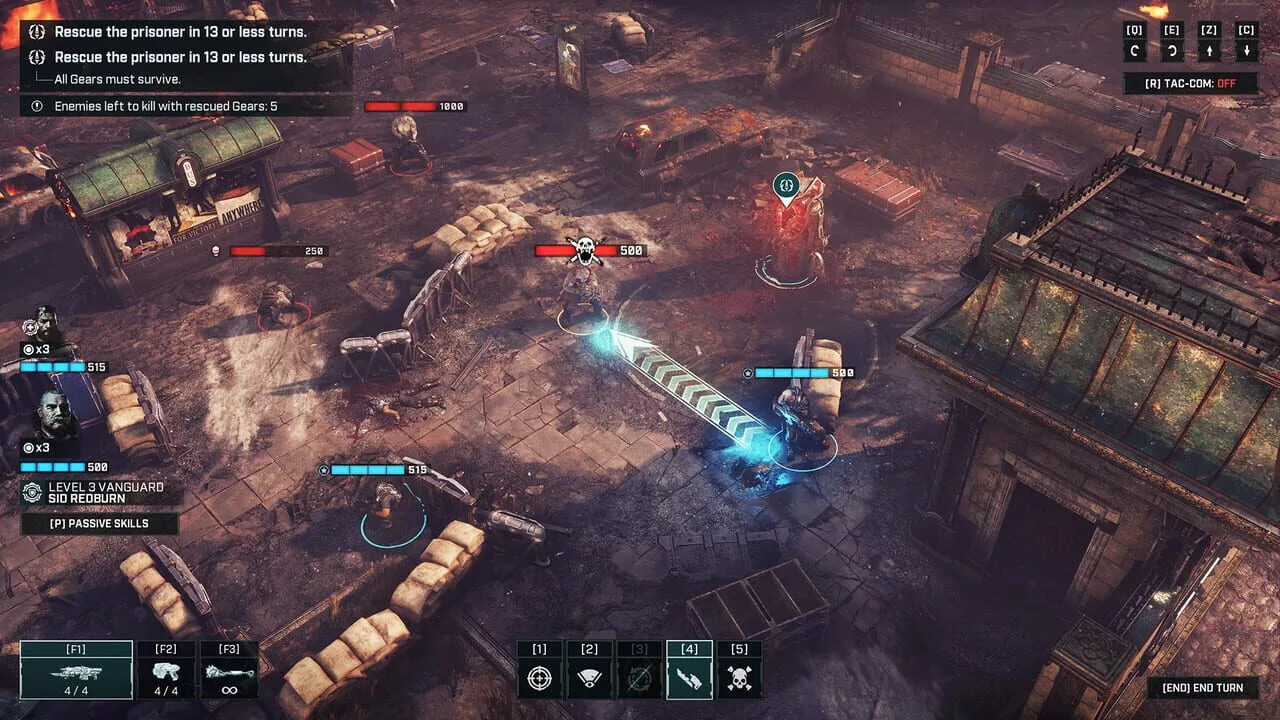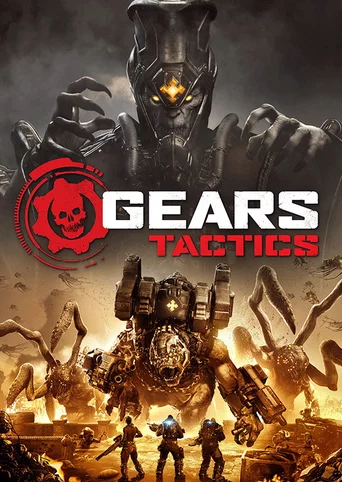
Gears Tactics (2020)
Genres:Strategy, Turn-based strategy (TBS), Tactical
Themes:Action, Warfare
Game modes:Single player
Story:Gears Tactics is the fast-paced, turn-based strategy game from one of the most-acclaimed video game franchises – Gears of War. Outnumbered and fighting for survival, recruit and command your squad to hunt down an evil mastermind who makes monsters.
Vote to bring this game to GOG and help preserve it.113
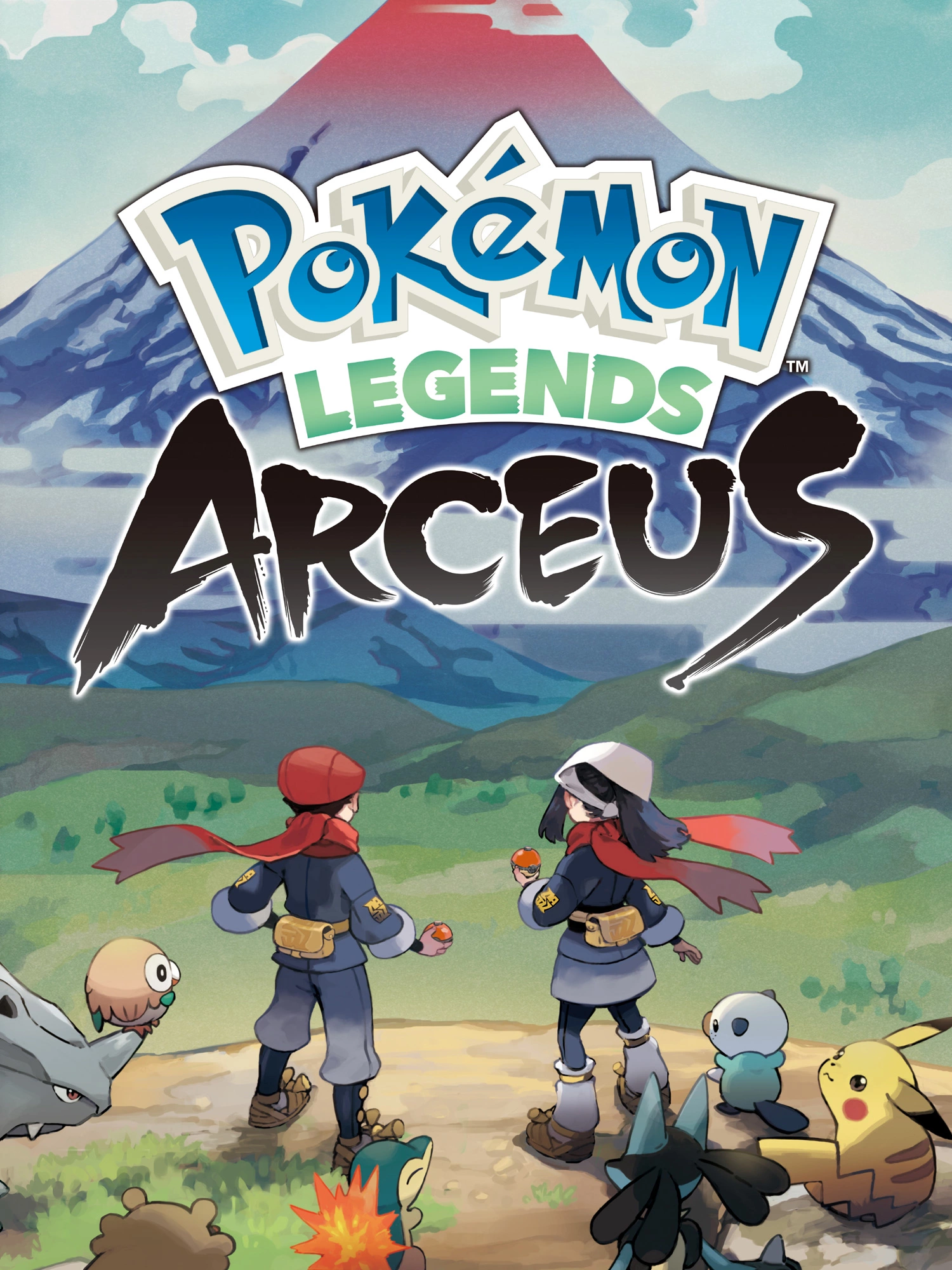
Pokémon Legends: ArceusThe Pokémon Legends: Arceus game honors past Pokémon games’ core gameplay while infusing new action and RPG elements.
You’ll need to catch, survey, and research wild Pokémon in a long-gone era of the Sinnoh region to create and complete the region’s first Pokédex.Open world Action Fantasy
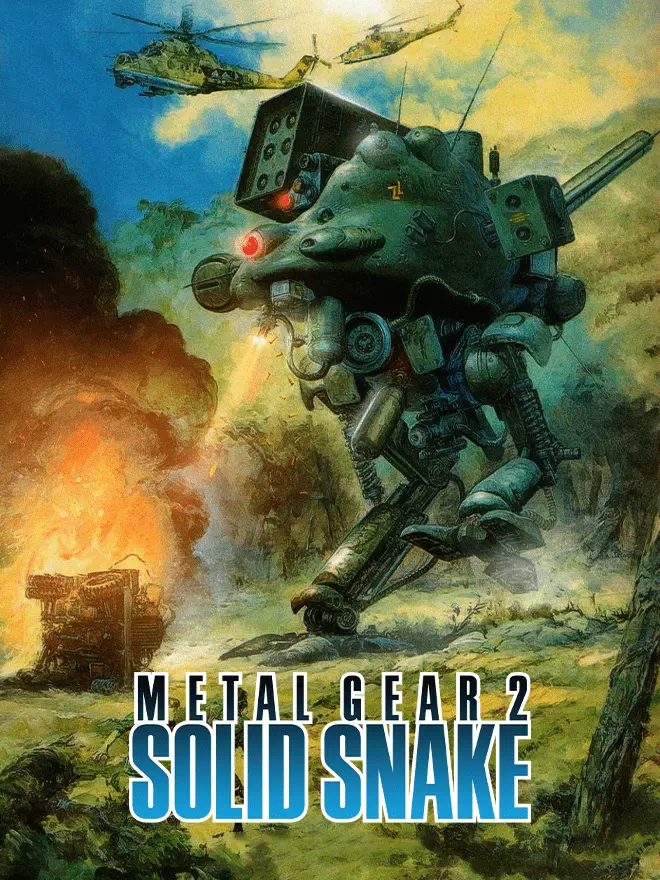
Metal Gear 2: Solid SnakeMetal Gear 2: Solid Snake is an action-adventure stealth video game created and published by Konami for the MSX2 computer platform. Acting as a direct continuation of the MSX2 version of the original Metal Gear, it was written and designed by the series' creator, Hideo Kojima. Kojima's inspiration for this game arose as a response to the development of Snake's Revenge, a separate sequel being produced simultaneously for the NES, intended primarily for the North American and European markets.Action Stealth Survival
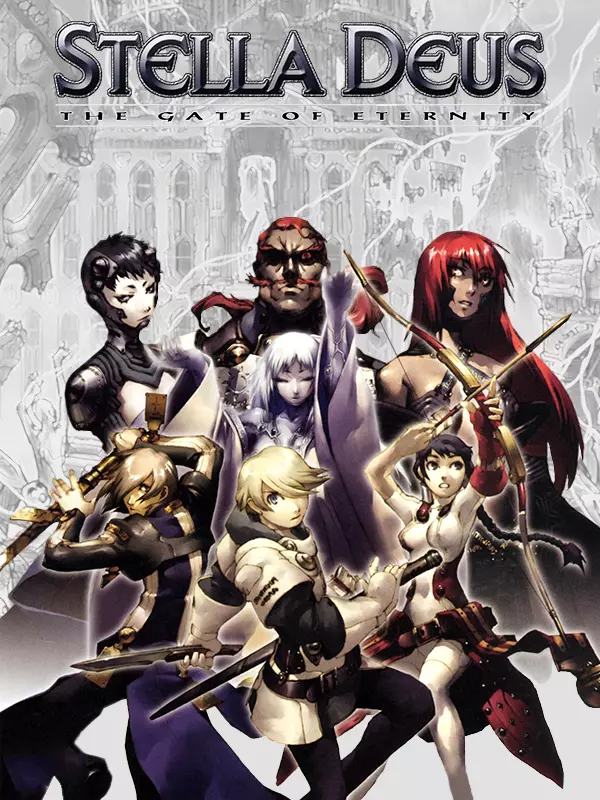
Stella Deus: The Gate of EternityStella Deus is a story-driven tactical role-playing game in which the player controls a group of characters both picked up during the course of the story and in side events. The world is navigated using an overworld map using point-to-point navigation, with a date system showing the length of time it takes to get to a selected location. Alongside the story missions, Towns can be visited, in which characters can customize and create new weapons and armor, sell existing equipment in exchange for money, and shop for items such as healing potions. In camps set up on a journey, characters can swap out weapons and armor, equip items such as healing potions and beneficial charms for future battles. Special items used in character leveling can also be crafted by the player. Alongside story-based missions, there is a special dungeon called the Catacomb of Trials, where characters can battle and gain experience levels, raising their general statistics. The number of available levels in the Catacomb increases as players progress through the game. Each character has a specific character class, which they keep throughout the game and continue to level up as they gain experience points (XP). Higher amounts of XP are awarded for executing special abilities. Along with swordsmen and archers, there are alchemists (mages), priests (healers), and units who fight using most things from axes to fists.
Most battles are triggered based on story events, and are completed when the stated object has been accomplished by the player, be it defeating all enemies, defeating a boss, or performing a specific task. At the end of each battle, the players gain a summery of their performance and spoils gained. The game uses the turn-based Replaceable Action Position battle system, much of which was carried over from the battle system used in Hoshigami: Ruining Blue Earth. Players navigate the field across a grid-based map, which can include obstacles such as bodies of water and high structures. Character positioning within the environment can be used to their advantage, such as an archer gaining higher accuracy when at a high point in the level. Character actions are arranged in a set order, and each character's weapon dictates their attack range. Each time a character performs an action, they gain experience points and additional Skill Points (SP) that can be used to purchase supplies or raise individual character stats. Three types of Skills can be equipped for characters: Action Skills, a special attack that player execute for a certain amount of Magic Points (MP); Support Skills, which grant passive abilities such as scaling higher obstacles; and Zone Skills, which grant passive abilities to both the equipped character and those in close proximity to them.
Alongside Action Skills, two or more characters in conjunction trigger unique special moves called Team Attacks. The amount of damage done depends on how many characters took part in the action. Team attacks also increase the rewards gained at the end of battles. Characters' actions are governed by their stored Action Points (AP): a character's turn begins when their AP meter is at 100. A character's actions can continue until the meter reaches 0, meaning that they can move and attack multiple times within their turn. The amount of AP used with each action depends on the weight of the armor the character is wearing.
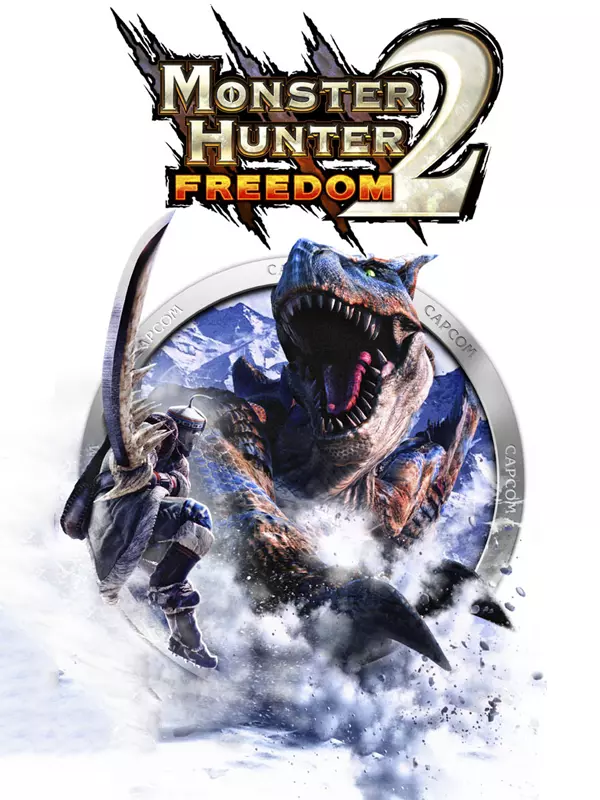
Monster Hunter Freedom 2The hunt-or-be-hunted adventure continues with more content and options than ever before. In Monster Hunter Freedom 2, gamers increase their play skills as they battle through breath-taking environments while defeating bloodthirsty creatures. As mighty hunters, players can face a variety of quests alone, but the true spirit of the game comes from playing with others.Open world Action Fantasy Sandbox
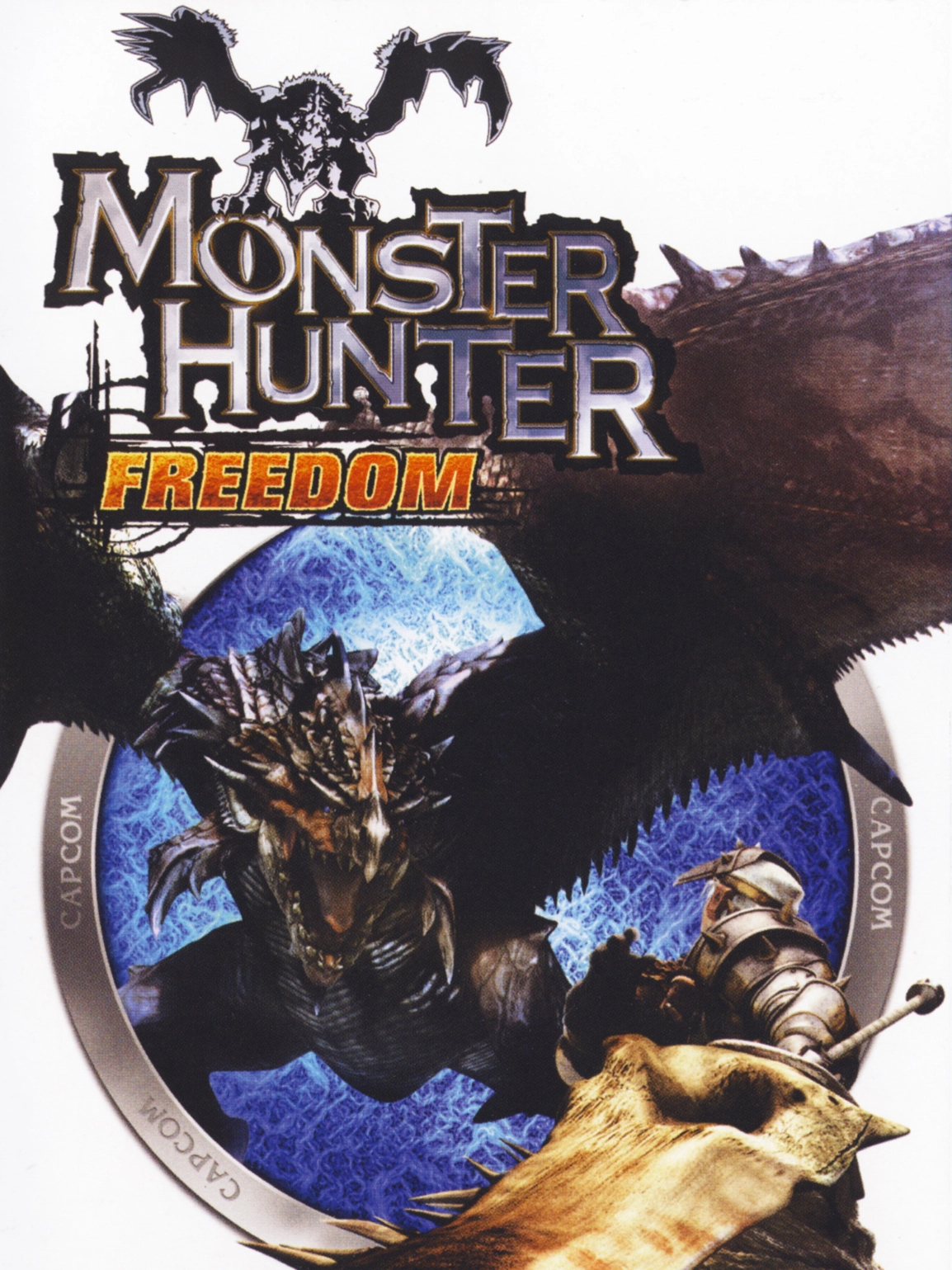
Monster Hunter FreedomThe game revolves around the player completing quests and gathering materials to upgrade their equipment in order to advance. The more rare the items and equipment, the stronger the main physical aspects of the character will be. Unlike other hack 'n' slash games, this game requires planning and skill in order to overcome large monsters instead of brute force. There are many weapons which the hunter can use to bring down the monsters, these are sword and shield, great sword, dual swords, hammer, lance, bowgun and the heavy bowgun. Each requires a variety of items to create which are acquired by completing quests, and collecting the spoils carved from monsters or found on the ground.Action Sandbox
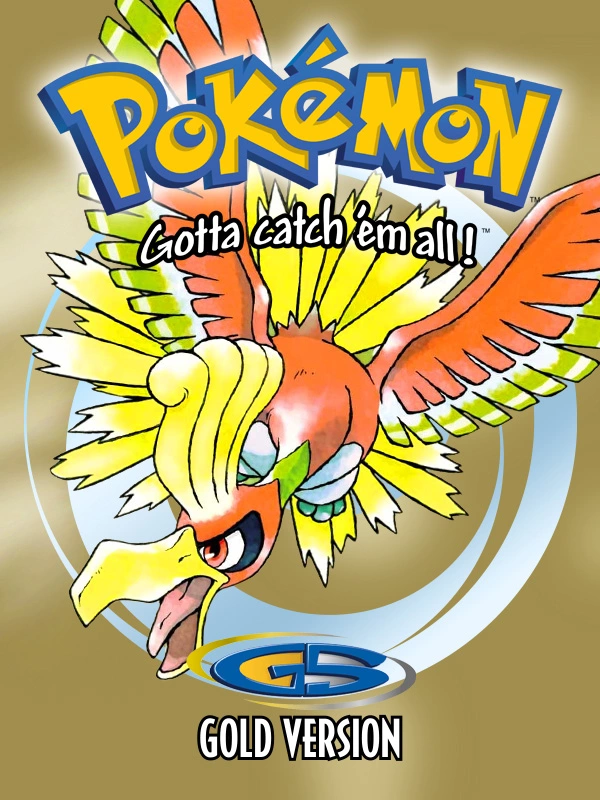
Pokémon Gold VersionPokémon Gold, along with Pokémon Silver, are the sequels to Pokémon Red and Blue. They offer 100 new Pokémon to capture and train, 8 more Gyms to take on and a new Pokémon League challenge. Featuring an expanded post-game, Pokémon Gold and Silver additionally offer extra content from the previous entries in the series.Action Fantasy Kids
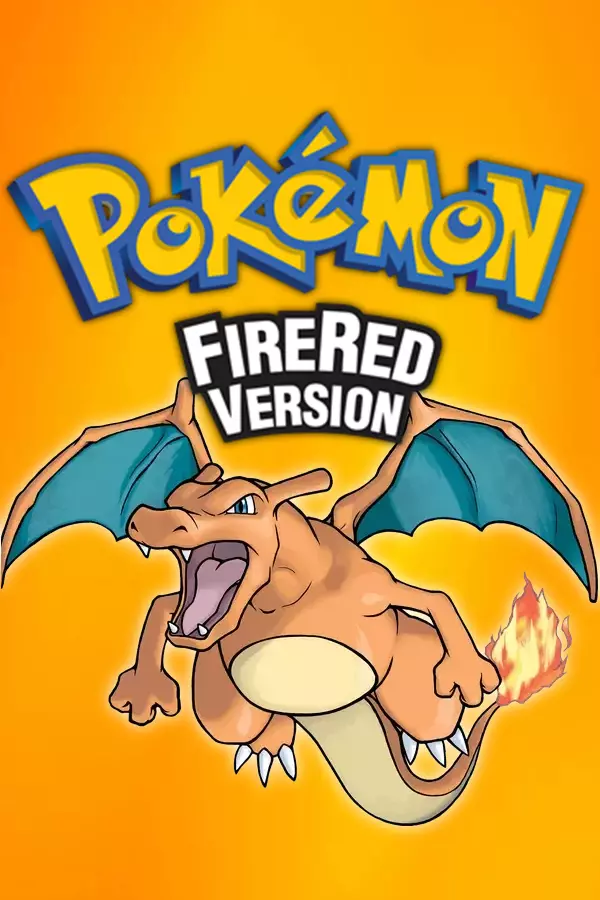
Pokémon FireRedPokémon FireRed Version and Pokémon LeafGreen Version are a pair of core series Generation III games that are set in the Kanto region. They were released in Japan on January 29, 2004, in North America on September 9, 2004, in Australia on September 23, 2004 and in Europe on October 1, 2004.
As the first remakes in the Pokémon franchise, the games revisit the original pair of Pokémon games, Pokémon Red and Green Versions, and so feature all of the characters, plot elements, and challenges of them, but with several important upgrades to bring them up to speed with other Generation III games.
The Game Boy Advance Wireless Adapter was initially included with the games when they were first released, eliminating the need for Game Link Cables when trading between the two games (and later Pokémon Emerald Version). In later copies, it was sold separately.
FireRed and LeafGreen went on to become the second best-selling games of the Game Boy Advance, only behind Pokémon Ruby and Sapphire Versions. They also received Nintendo's Player's Choice awards.Action Fantasy Science fiction Kids
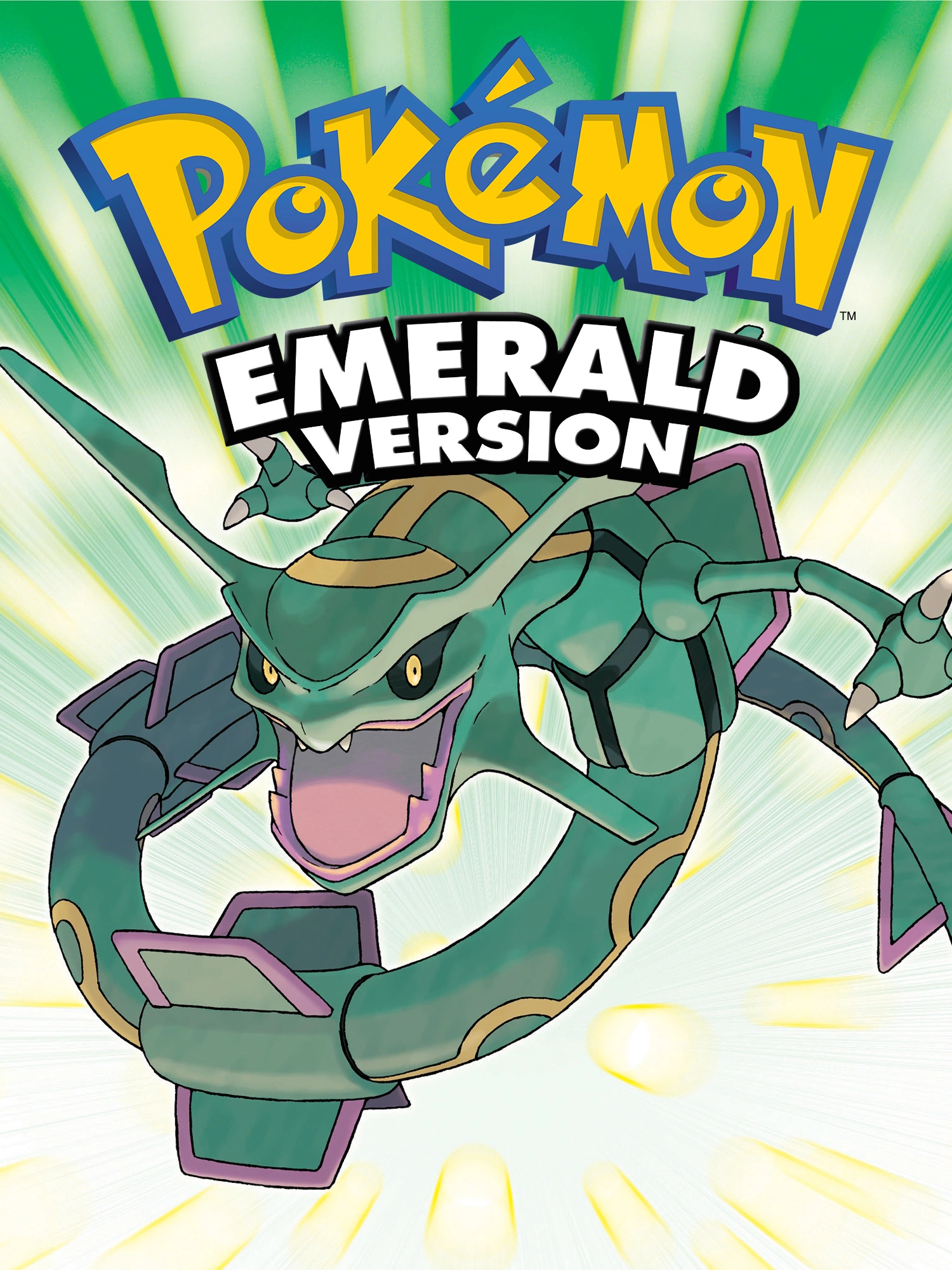
Pokémon EmeraldPokémon Emerald Version is a sister game to Pokémon Ruby and Sapphire. Emerald Version provided the main storyline with more depth and length, as well as making small aesthetic changes to the world and adding unique animations for each Pokémon.Action Fantasy Kids

L.A. NoireL.A. Noire is a neo-noir detective action-adventure video game developed by Team Bondi and published by Rockstar Games. It was initially released for the PlayStation 3 and Xbox 360 platforms on 17 May 2011; a Microsoft Windows port was later released on 8 November 2011.
L.A. Noire is set in Los Angeles in 1947 and challenges the player, controlling a Los Angeles Police Department (LAPD) officer, to solve a range of cases across five divisions. Players must investigate crime scenes for clues, follow up leads, and interrogate suspects, and the player's success at these activities will impact how much of each case's story is revealed.
The game draws heavily from both the plot and aesthetic elements of film noir—stylistic films made popular in the 1940s and 1950s that share similar visual styles and themes, including crime and moral ambiguity—along with drawing inspiration from real-life crimes for its in-game cases, based upon what was reported by the Los Angeles media in 1947.
The game uses a distinctive colour palette, but in homage to film noir it includes the option to play the game in black and white. Various plot elements reference the major themes of detective and mobster stories such as The Naked City, Chinatown, The Untouchables, The Black Dahlia, and L.A. Confidential.Open world Action Historical Thriller Sandbox Mystery
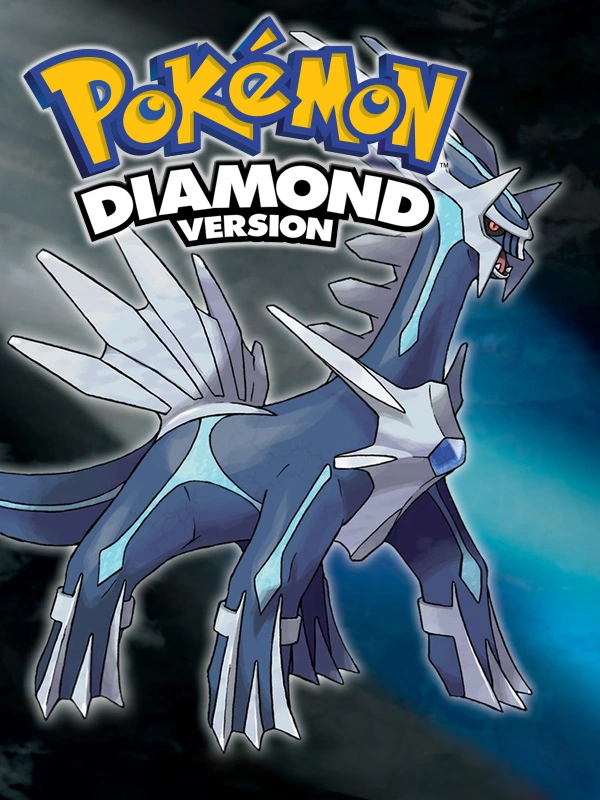
Pokémon Diamond VersionPokémon Diamond Version and Pearl Version are role-playing games (RPGs) developed by Game Freak and published by Nintendo for the Nintendo DS. With the enhanced remake Pokémon Platinum, the games comprise the fifth installment and fourth generation of the Pokémon series of RPGs. First released in Japan on September 28, 2006, the games were later released to North America, Australia, and Europe over the course of 2007.
Like previous Pokémon games, Diamond and Pearl chronicle the adventures of a young Pokémon trainer as he/she trains and battles Pokémon while also thwarting the schemes of a criminal organization. The games add many new features, such as Internet play over the Nintendo Wi-Fi Connection and changes to battle mechanics and Pokémon Contests, along with addition of 107 new Pokémon. The games are independent of each other but feature largely the same plot and while both can be played separately, it is necessary to trade between them in order to complete the games' Pokédexes.Action Fantasy Science fiction Kids

